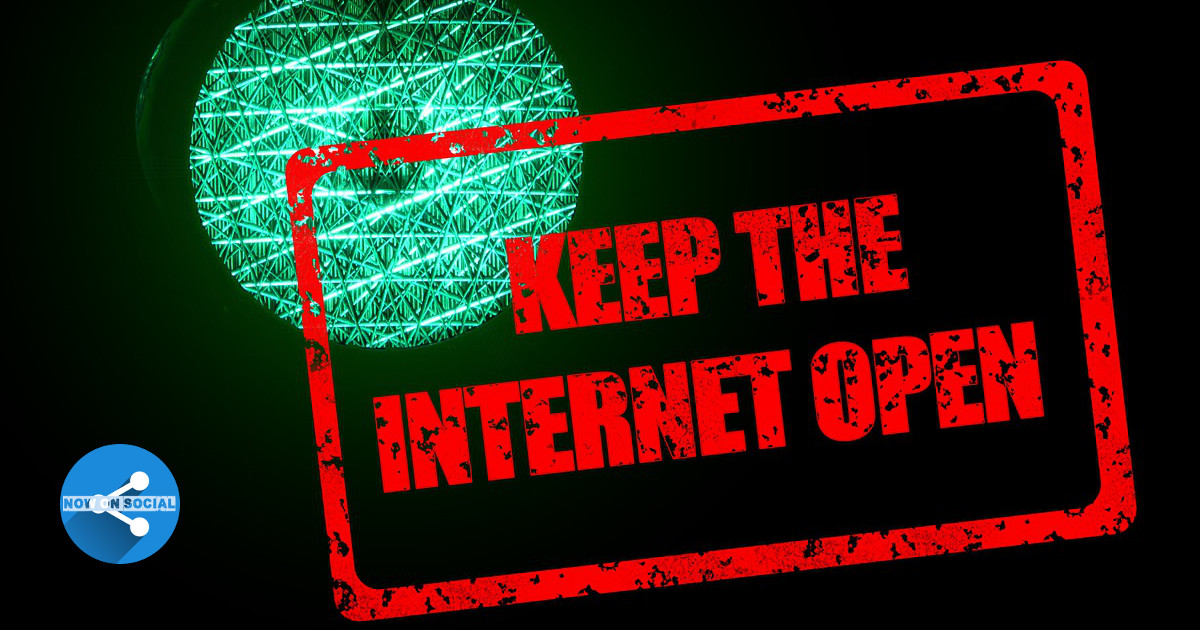Net neutrality affects poor people in a disproportionate and serious manner.

As the debate continues, it’s good to ponder these aspects of net neutrality and its impact. First, in the United States:
By striking down the Federal Communications Commission (FCC)’s Open Internet Order this week, the D.C. Circuit Court of Appeals just gave commercial companies the authority to block internet traffic, give preferential treatment to specific internet services, and steer internet users away from online content based on their own commercial interests. Since the internet is now the primary mechanism for delivering content and applications to the general public, it’s more important than ever that commercial ISPs not have that kind of power to control or otherwise manipulate such communications.
Freedom of thought and the ability to freely provide formation on behalf of the poorest is at stake here. This kind of law prejudices those we are called to serve.
Controlling your data use controls your access.
Many Internet providers have a set limit as to how much data you can use in a month. After you reach that limit, your connection might be throttled to a lower speed, or you might have to pay overage charges. But now several providers are exempting certain apps or websites from those data limits, a practice called “zero rating.”
Zero rating effectively makes it more expensive for subscribers to watch certain streaming video services or use certain photo sharing apps than others. Instead of a fast lane, it’s effectively a toll road for the Internet. That’s a huge problem for net neutrality, because it allows Internet providers to broker which sites and apps get this preferential treatment.
Throughout the world this will be a fight. You will hear arguments that net neutrality is a “first world” problem and that it prevents companies from expanding internet in the developing world. Don’t buy the argument. Large internet companies and backbone providers just want the assure their huge profit margins.
For people who have no Internet in the first place, the idea of net neutrality is not exactly top of mind. Getting online cheaply in the first place is a greater concern, and the American companies are often enabling that to happen. Internet access is expensive in developing countries—exorbitantly so for the vast majority of people.
In Kenya the top four websites are Google, Facebook, YouTube (which is owned by Google), and the Kenyan version of Google. That pattern is fairly typical of Web usage in dozens of developing nations. And free services like Facebook Zero and Google Free Zone don’t have many critics among users, says Erik Hersman, founder of iHub, a tech-startup incubator in Nairobi. Asked if it’s seen as problematic, he says, “Not at all.”
Don’t be fooled. With the pretense of assuring internet access, a few companies will eventually control the flow of data. That’s bad for the poor in the long run.







0 Comments